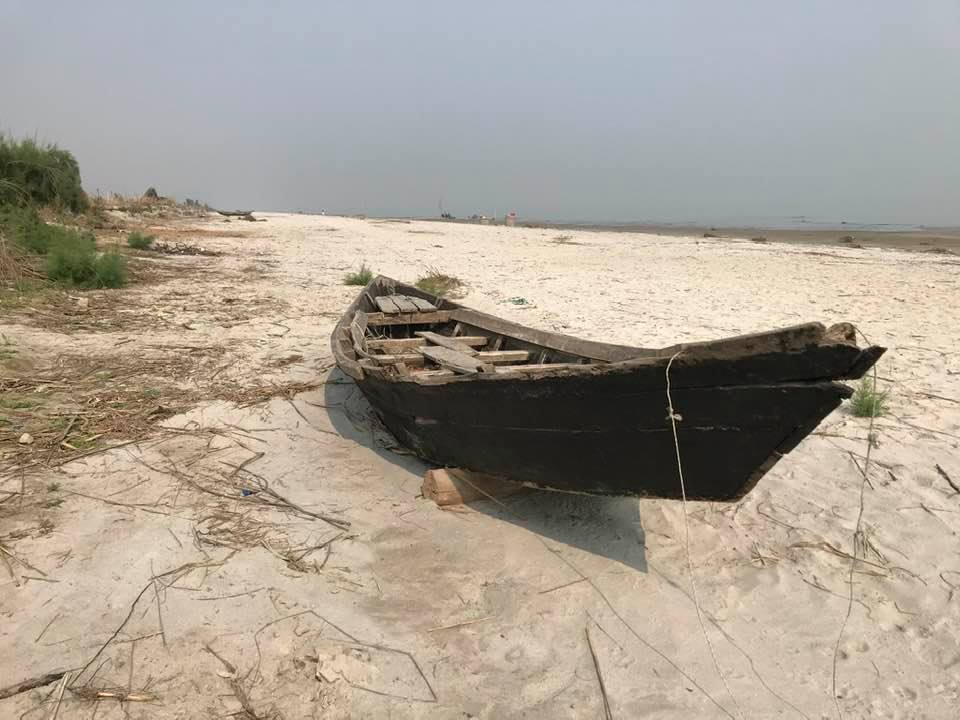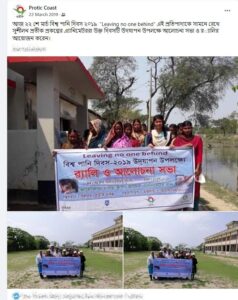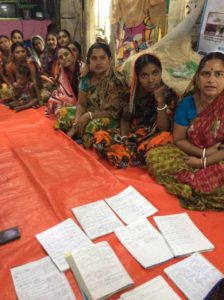
This is a chapter from a book of research activity published by Sapienza University in Italy.
“How can we combine empowerment with respecting obligations in the local social system and avoiding disruption? PROTIC has sensitized us to the importance of the family, group and collective in Bangladeshi society, as well as gendered roles, hierarchical rules and patronage systems. However, any project is a project of change and, in the name of respect for rules (social, cultural, religious, political), it could end up not being effective, or only having marginal effects. Of course, being able to call an ambulance or receive news and information on the harvest, together with other practical things, remain important necessities that have been met. It would certainly be interesting to see how requests related to more sensitive issues (e.g. an APP on women sexual health) can be supported without reproducing the power inequalities engendered by patriarchy, and other forms of discrimination (e.g. treating sexual health as functional only at pro- creation). This change in norms, to be effective, requires time and listening space and should involve not just the village, but in their own ways NGOs and government organisations we have worked with at a national and local level.”
The chapter in this book deals with power/knowledge issues in field research in Bangladesh, but I’m also encouraging our research students to think more and write about their own complex situation as students from the developing world, educated in their own elite institutions modeled on a colonial system, now learning about research from a decolonizing perspective, as they conduct their own work in internally colonized, patriarchal and stratified societies like Bangladesh. There’s no easy answers. What role do they take when they go back as part of the intellectual, NGO and policy elite?
Sarrica, Mauro, Larry Stillman, Tom Denision, and Mara Matta. 2021. “The Protic Project. Outcomes from a ICT4D Action Research in Rural Bangladesh.” In Sapienza for International Development Cooperation Strategies, Projects, Actions, edited by Carlo Giovanni Cereti and Francesca Giofrè, 117–26. Rome: Sapienza.






